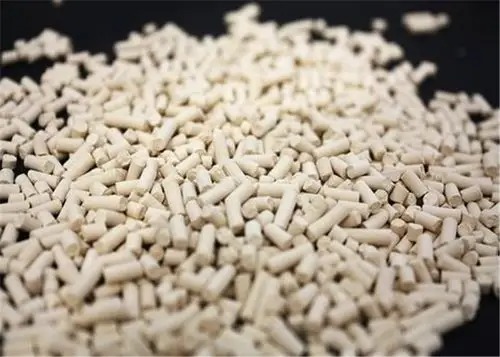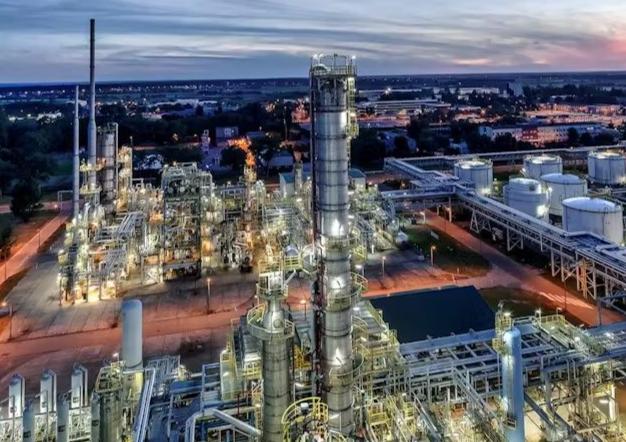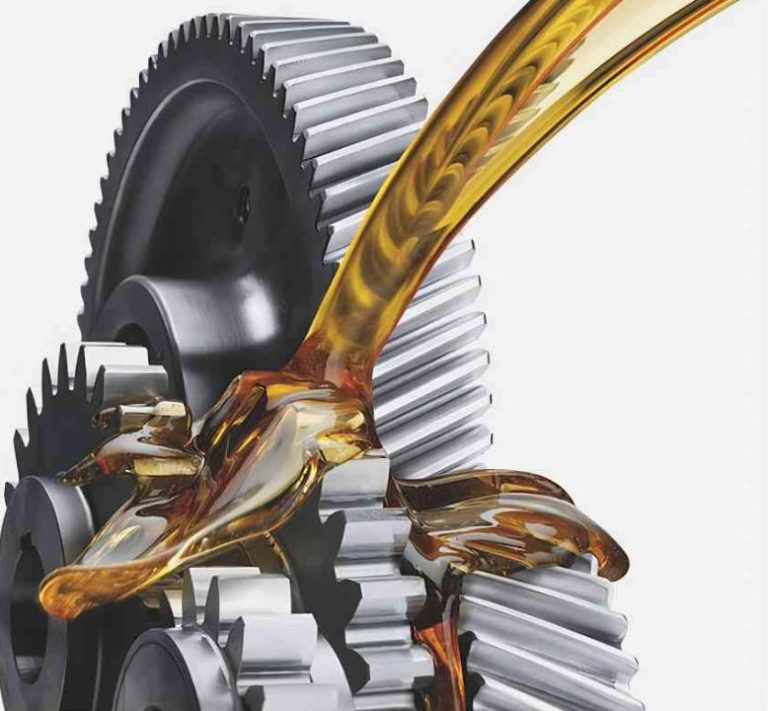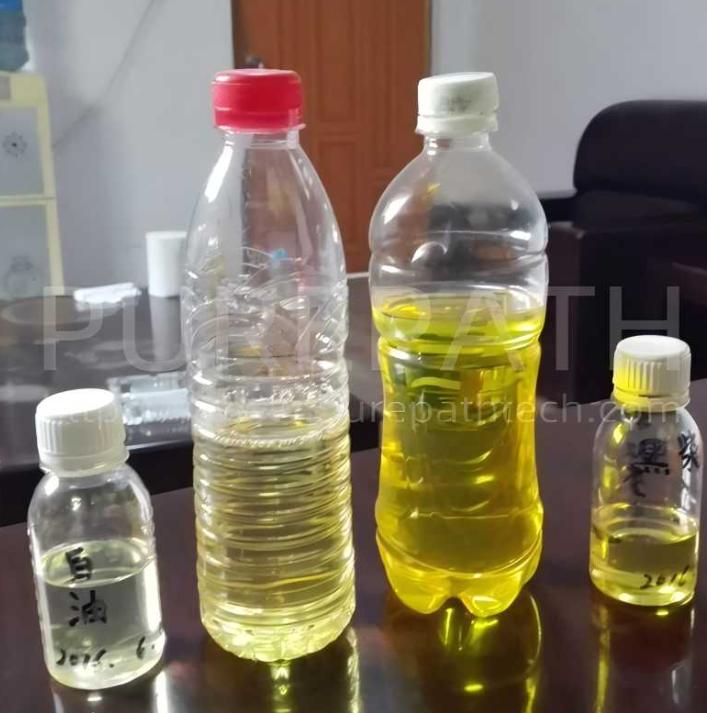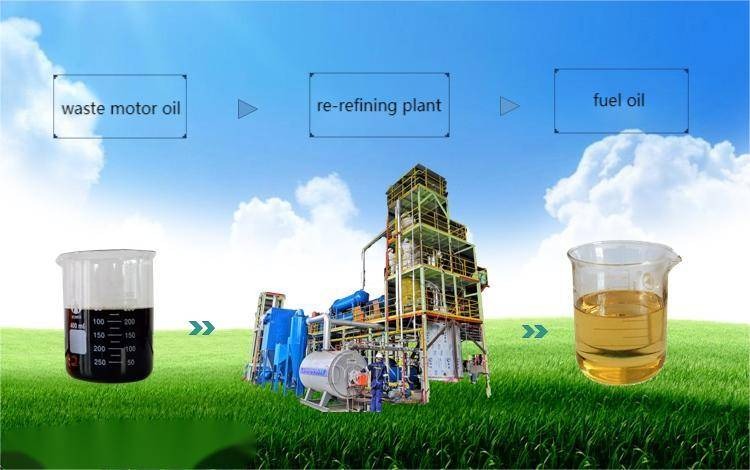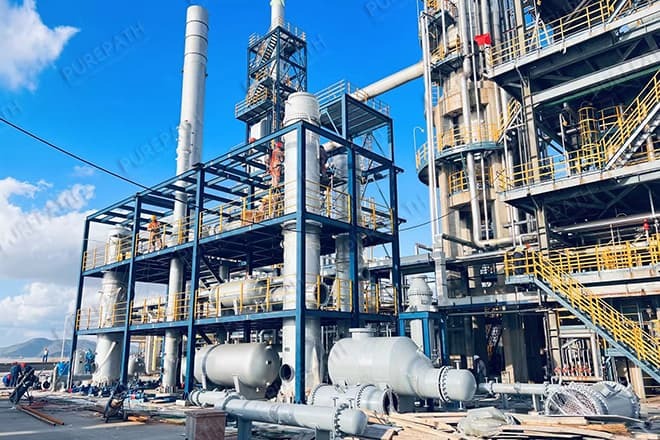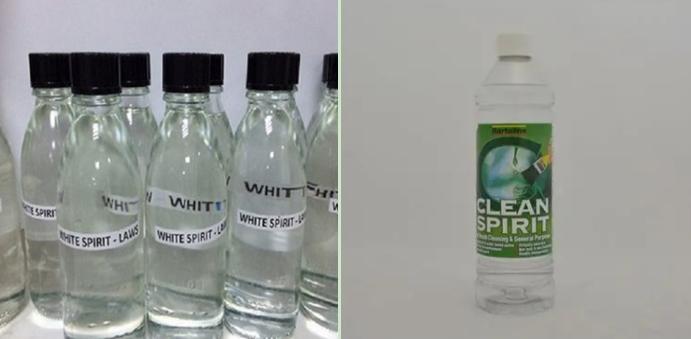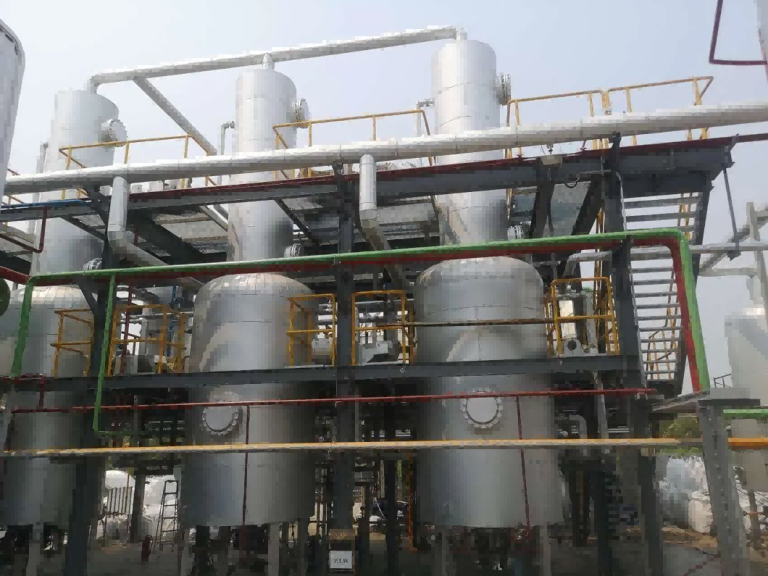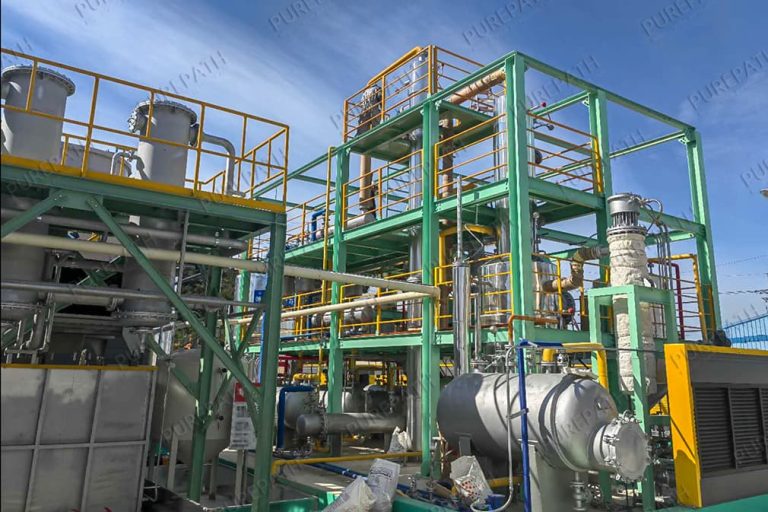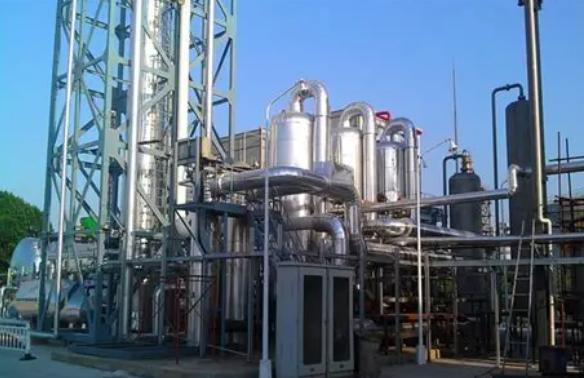What is the catalyst for waste oil to diesel?
Zeolite ZSM-5 = “Precision Knife”: Cuts heavy waste oil molecules into diesel-sized molecules.
Ni-Mo / Co-Mo = “Filter + Cleaner”: Removes sulfur, nitrogen, and metals to prevent engine clogging.
Alumina = “Backbone”: Holds everything together, making the catalyst durable.
Silica-Alumina = “Booster”: Increases acidity to break down stubborn sludge.


